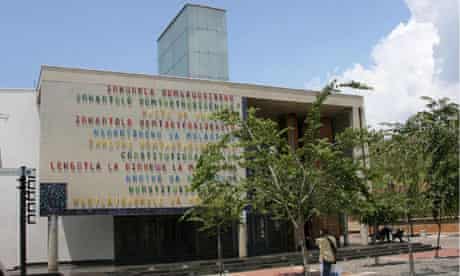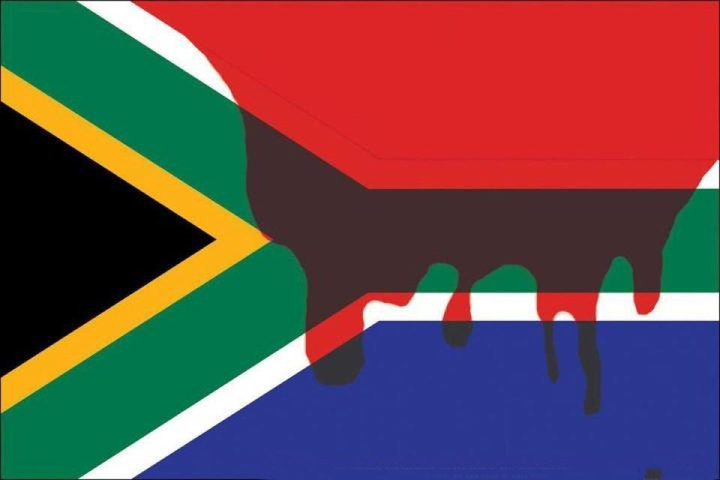
The dishonesty of the liberalism of Gareth van Onselen must be exposed. He writes that ‘the ANC is sick’, but he is unwilling and unable to see the role his beloved liberal ideology played in the ANC’s increasing dissoluteness, conservatism and authoritarianism.
For Van Onselen the ANC’s ‘sickness’ can be seen in it ‘losing support, wracked by infighting, held hostage by division, a slave to an economically regressive mind-set, unable to organise internal conferences and denuded of talent as thinkers and an older generation desert it in the face of contemporary demagoguery.’ He also mocks Jacob Zuma’s turn towards traditionalism and religion. He does not ask why this is happening to the ANC right now.
Why, at this particular point, is the ANC – divided along unprincipled, tenderpreneurial lines – turning back to its Stalinist authoritarianism of the 1960s to the 1980s and its traditionalism of the 1910s to the 1950s? This is the question the Van Onselens cannot confront.
The rise of tenderpreneurialism, traditionalism and authoritarianism are good reasons to be worried, but we do not live under a traditionalist or Stalinist authoritarian political system. We are living under a liberal, constitutional political system. It is the effects of South Africa’s liberal, constitutional framework that is directly responsible for what is happening to the ANC.
In the 1990s the ANC adopted liberal constitutionalism and specifically South Africa’s constitution. It did not completely abandon its previous ideological postures but blended it with liberal constitutionalism in ways that often lacked consistency. However, its commitment to writing, promoting and implementing the constitution during this period cannot be doubted. What was the effect of this?
South Africa’s constitution was carefully designed to protect the basic structures of capital. By doing that, by protecting wealth, it inevitably protected the main means through which it is generated – cheap and unpaid black labour. By acceding to capital’s demands for liberalising the economy, the ANC oversaw the intensification of South Africa’s structural racism. White wealth and its opposite pole, black poverty, grew to make South Africa the most unequal society in the world.
South Africa’s constitution was never designed to cure the main sickness of Apartheid and actually made it worse. The ANC was now confronted with rampant inequality and explosive growth in the tensions and resistance this engendered. At the same time, the neo-liberalisation of the state-business nexus had completely embroiled it in corruption, tenderpreneurialism and factional conflicts based on it. It is under these pressures, that are a direct result of the liberal constitutional regime, that the ANC started looking back to its past for possible solutions to the multiple crises it was confronted with.
It is not possible to understand the ANC’s return to Stalinist authoritarianism and traditionalist conservatism without understanding it as the outcome of its turn to a liberal constitutionalism that prioritised the interests of white wealth. For people like Van Onselen the ANC’s sickness appear out of nowhere, because he needs to deny the oppressive nature of our liberal constitution. The constitution contained its own demise. It ostensibly sets out to protect the wealth of the rich and the rights of the poor. This cannot be done. The ANC is realising that. It is therefore, to some degree, abandoning the pretence of protecting the rights of the poor.
Yes, the ANC is morally sick. But so is South Africa’s liberal constitutionalism and so are its promoters such as Van Onselen.

(Photo Credit: The Guardian / Rex Features) (Image Credit: Roar Magazine)